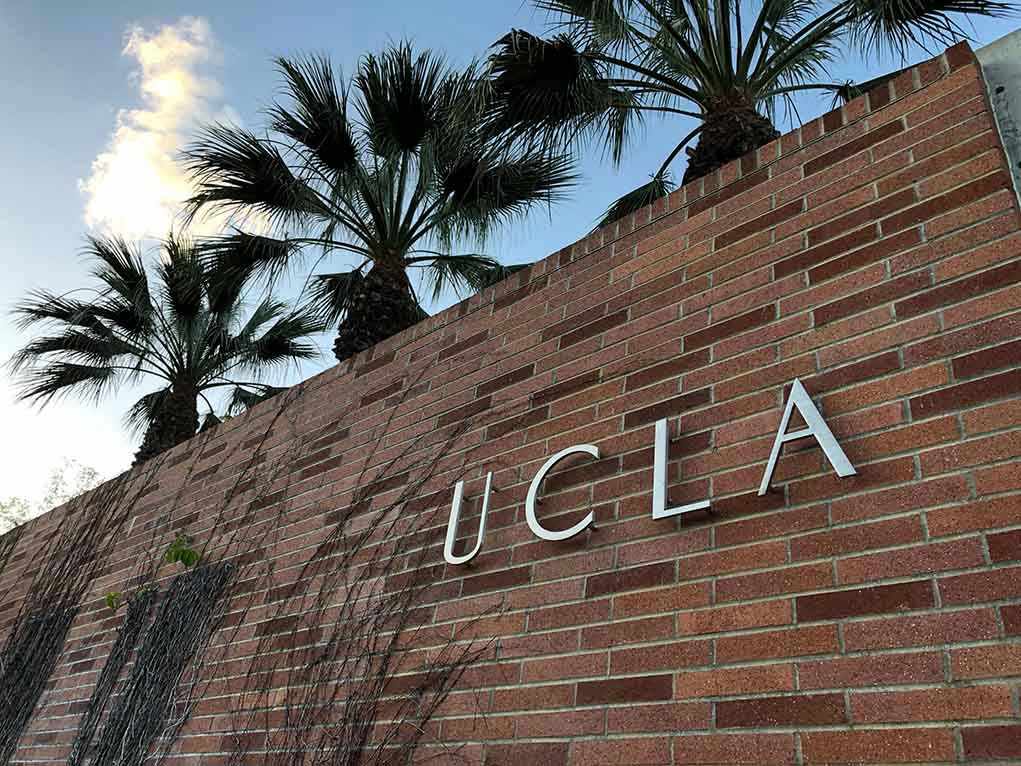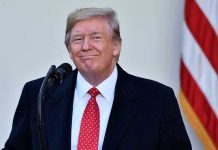
President Trump’s administration is pursuing a $1 billion settlement from UCLA, citing concerns over antisemitism and demanding accountability from elite educational institutions.
Story Highlights
- The Trump administration seeks a $1 billion settlement from UCLA over antisemitism allegations.
- Concerns about transparency and accountability in public universities are at an all-time high.
- UCLA faces pressure to adopt policies similar to those of the Ivy League amid rising application numbers.
- Advocacy groups and policymakers are calling for greater equity in admissions practices.
UCLA Under Pressure for Ivy League-Style Reforms
In the wake of record-low acceptance rates and a surge in applications, UCLA faces mounting pressure from policymakers and advocacy groups to adopt admissions conditions akin to those imposed on Ivy League schools. These demands include stricter reporting requirements and enhanced equity initiatives to address concerns about fairness and public accountability. The unprecedented application numbers and heightened scrutiny reflect a national debate over elite university admissions practices.
The push for UCLA to comply with Ivy League-style conditions is set against a backdrop of heightened scrutiny of selective admissions. The COVID-19 pandemic accelerated changes in admissions, notably the adoption of test-optional policies, which expanded applicant pools and intensified competition. Public concern over fairness, access, and transparency in admissions has grown, as these elite schools become more selective without clear accountability measures.
Impacts on Public Universities
The demand for increased transparency and equity places a significant administrative burden on UCLA. As a large public institution, UCLA must balance selectivity with public accountability and access. The University of California Board of Regents and state policymakers are under pressure to ensure fairness and public accountability while maintaining academic excellence. This situation underscores the growing convergence of public and private elite admissions practices.
There is a broader impact on the higher education community as other public universities may face similar pressures. This could lead to a blurring of distinctions between public and private elite admissions practices. Prospective students, especially from underrepresented backgrounds, stand to benefit from greater transparency and fairness in admissions, but the changes may also alter applicant demographics and university finances.
Expert Opinions and Future Implications
Admissions experts argue that while test-optional policies have democratized access, they have also increased competition and stress for applicants. Policy analysts highlight that transparency and equity measures are essential for maintaining public trust in higher education. Despite these challenges, UCLA has yet to formally adopt all Ivy League-style conditions, although ongoing discussions and policy reviews indicate a strong possibility of future changes.
As the Trump administration continues its push for a $1 billion settlement, the focus remains on holding elite institutions accountable, reinforcing the need for transparency and equity in university admissions. This case may serve as a precedent for other institutions, setting the stage for a broader transformation in higher education practices.
Sources:
Shemmassian Consulting, Ivy League Acceptance Rates 2025
College Essay Advisors, Ivy Leagues Report Influx of Applications and Record-Low Acceptance Rates
Crimson Education, Ivy League Schools Ranking 2025
“`




